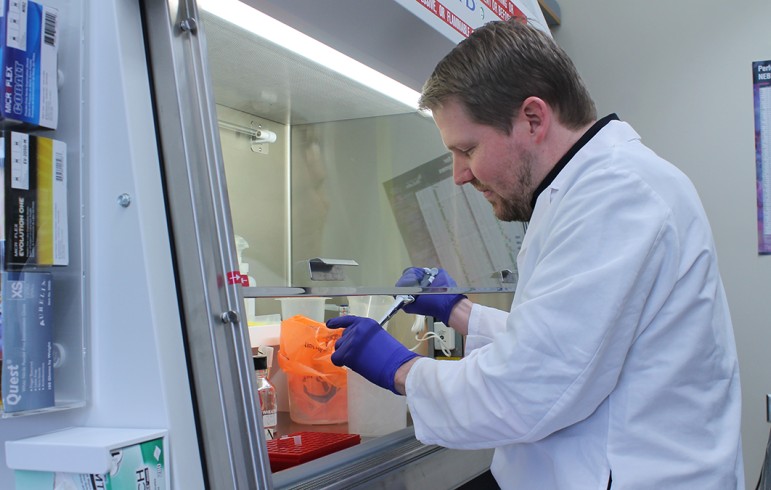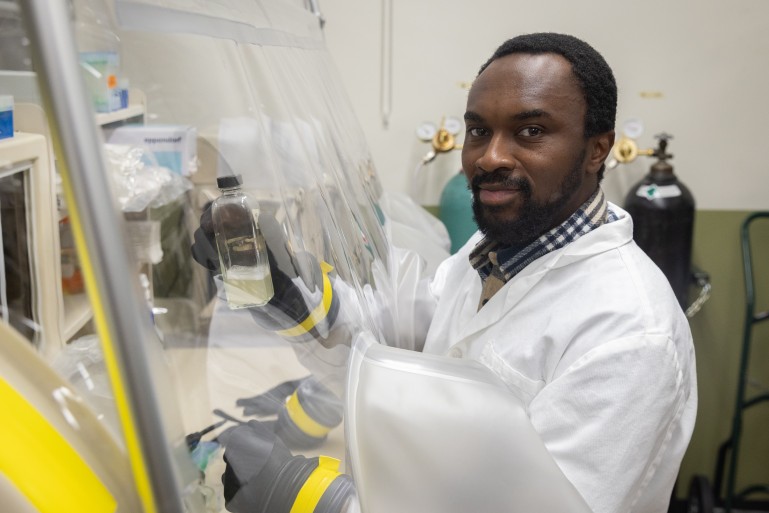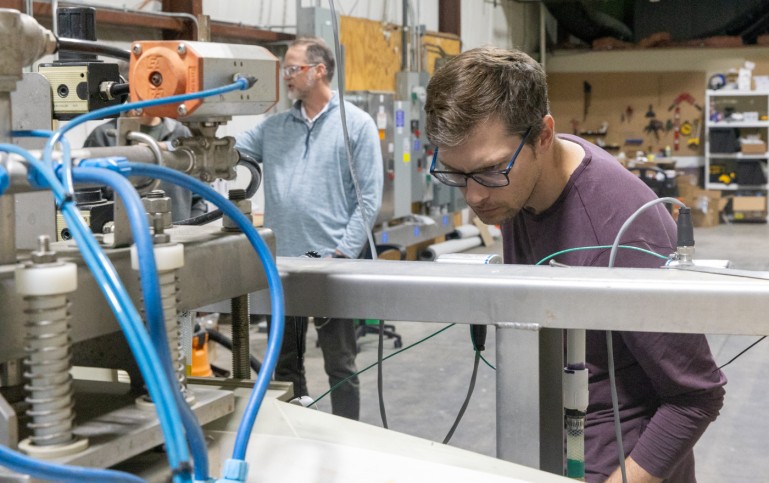As part of UW–Madison’s Earth Fest activities, the Wisconsin Energy Institute (WEI) will host a Climate and Justice Teach-in with the hopes of moving climate solutions forward in Madison.
The Wisconsin Energy Institute welcomed an estimated 350 visitors Saturday as part of its participation in the 22nd annual UW Science Expeditions.
Ane was recognized for contributions to the field of beneficial plant-microbe interactions, particularly understanding the signals that maintain soil quality for environmental sustainability and reduced costs for food, feed and biofuel production.
Scientists at the University of Wisconsin–Madison have developed a cost-effective and environmentally sustainable way to make a popular pain reliever and other valuable products from plants instead of petroleum.
University of Wisconsin–Madison faculty have recognized Wisconsin Energy Institute co-investigator Robert Landick for his contributions to teaching, research, and service.
New research from the University of Wisconsin–Madison decodes the evolutionary pathway of regulatory proteins, the molecules that help control gene expression.
Nineteen student teams from across Illinois and Wisconsin gathered at UW–Madison's Discovery Building for the seventh annual Wisconsin KidWind Challenge on March 2. The KidWind Challenge is an opportunity for teams to test the wind or solar device they've designed, receive expert feedback, and participate in instant engineering challenges. Five teams of elementary, middle, and high school students will go on to participate in the World KidWind Challenge in Minneapolis this May.



